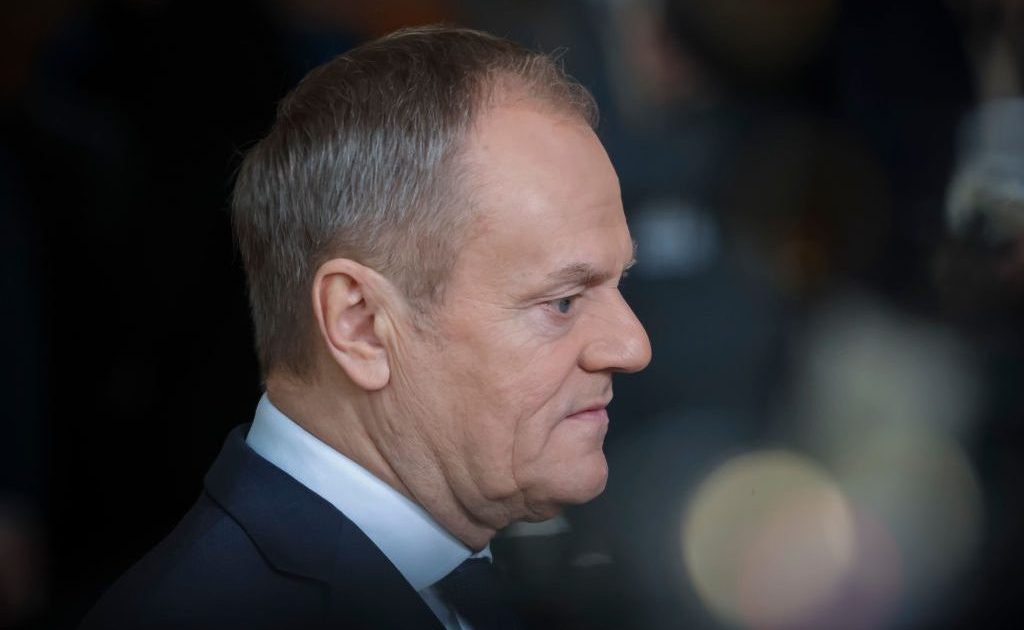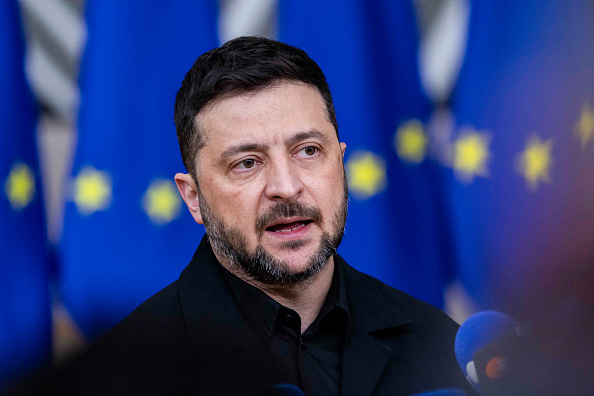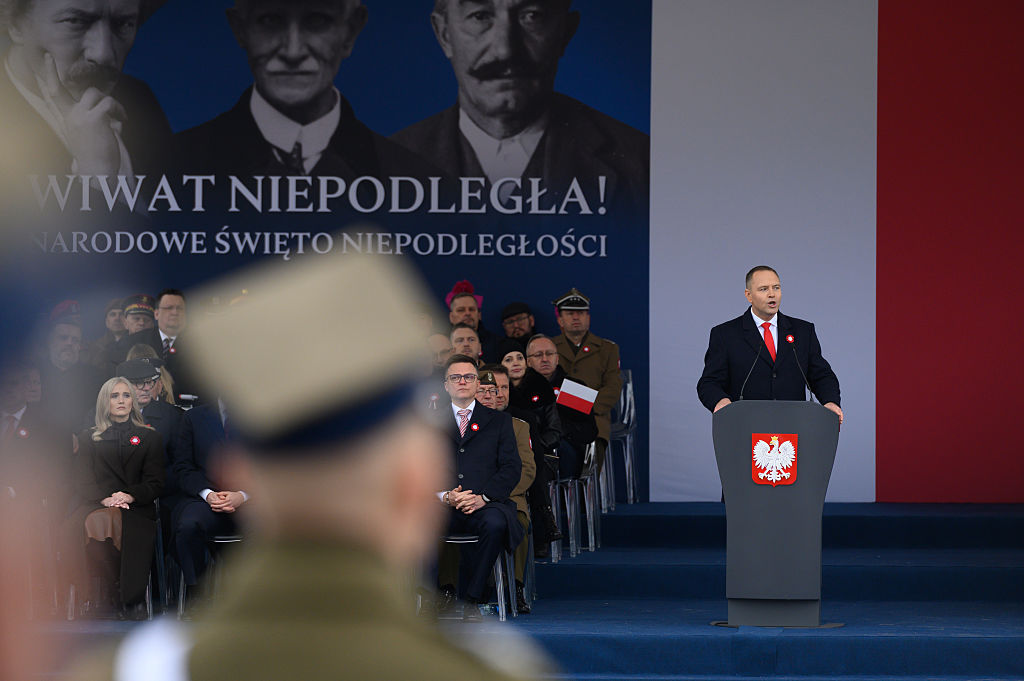Tusk at mid-term: Security gains overshadow stalled promises
Two years on, frustration among voters has grown

WARSAW – Praised in Brussels as the symbol of ‘Poland’s return to Europe’, Prime Minister Donald Tusk’s government has reached the halfway point of its mandate, but faces mounting public dissatisfaction, coalition strains, and accusations of broken promises at home.
Tusk returned to power in December 2023, leading a four-party coalition composed of his pro-EU Civic Coalition (KO), the centrist Poland 2050, the centre-right Polish People’s Party (PSL), and the Left. The government replaced the nationalist Law and Justice (PiS), which failed to form a majority despite winning the most seats in the October 2023 elections.
But two years on, frustration among voters has only grown: 60% of Poles say they are dissatisfied with the government’s performance, according to a recent SW Research poll for Onet. Out of 100 “concrete pledges” made by KO before the elections, only 19 have been fully implemented. Key promises – such as raising the income tax threshold €14,000 – also remain unfulfilled.
During a recent speech in the small city of Piotrków Trybunalski on Wednesday, Tusk acknowledged public unease but suggested that critics overlook his government’s core priority: national security.
“After two years, I see a lack of agreement among Poles on what truly serves our national interest. We still haven’t set common priorities – foremost among them, of course, is security,” he said. “Defending Poland’s border against an aggressor is our shared responsibility.”
Poland is the largest NATO defence spender in relation to its GDP. By 2025, it is expected to spend 4.48% of its GDP on defence, according to NATO’s latest data. “There can be no better review for me. It’s the greatest reward Poland could have,” he argued.
Judicial reform and accountability still contentious
The nationalist opposition sees little to celebrate. President Karol Nawrocki, backed by PiS, has publicly criticised the government, warning that “there is no public trust when promises are made but not kept.”
PiS leader Jarosław Kaczyński also described Tusk’s two years in power as “terrible,” calling the government’s judicial reform “an enterprise of a criminal nature.”
Judicial reform and accountability for alleged abuses under the PiS years were key campaign promises for Tusk’s coalition. When PiS was in power, Poland’s rule-of-law conflicts led the European Commission to block EU recovery and cohesion funds. Brussels released the frozen funds only after the new government presented reforms aimed at restoring judicial independence.
Tusk’s government has taken some steps to restore judicial independence, including limiting disciplinary prosecutors’ powers and increasing courts’ influence over appointing court presidents.
Attempts to reform the Constitutional Tribunal and the National Council of the Judiciary have largely been blocked, however, leaving key positions unfilled. Recently, Justice Minister Waldemar Żurek proposed a law to clarify the status of ‘neo-judges’ and hold new judicial appointments.
However, progress has been limited and cautious, causing frustration even within Tusk’s progressive coalition, which argues that efforts to dismantle PiS-era structures have been too slow or too legalistic.
Several high-profile former PiS officials have nevertheless faced legal scrutiny. Former Interior Minister Mariusz Kamiński and deputy Minister Maciej Wąsik were convicted of abuse of power before being pardoned by then-President Andrzej Duda, and later elected to the European Parliament.
In October, the Parliament voted to lift immunity for Michał Dworczyk and former state energy boss Daniel Obajtek at the request of Polish prosecutors.
Mixed record on social policy and economy
The government has delivered significant progress in some areas, said professor Radosław Markowski of the Polish Academy of Sciences. He cited the restoration of public funding for in vitro fertilisation, initiatives on youth mental health, and a dramatic reduction in inflation, from nearly 40% to around 3%.
Still, he identified the coalition’s biggest failure as its inability to “restore constitutional order” after the PiS years. “The attempts were too soft, and that doesn’t work,” he said, adding that this perceived weakness risks alienating core supporters in the long run.
Symptomatic of Tusk’s weakened hold on his own coalition, speculation has intensified over whether Foreign Minister Radosław Sikorski might replace Tusk ahead of the 2027 elections. Sikorski, however, has firmly rejected any leadership ambition.
“I have no ambition whatsoever to replace Tusk as prime minister before the elections,” he said on TVN24 last month. “It is Donald Tusk who will lead us to victory in 2027.”
Markowski doubts Sikorski would be a better choice, noting that Poland would be ill-served to lose him from foreign affairs at a time of war in neighbouring Ukraine.
“In a four-party coalition, one also needs the skills to balance different interests and find consensus,” he said, concluding that “a good dean isn’t always a good rector.”
(cs, mm)







